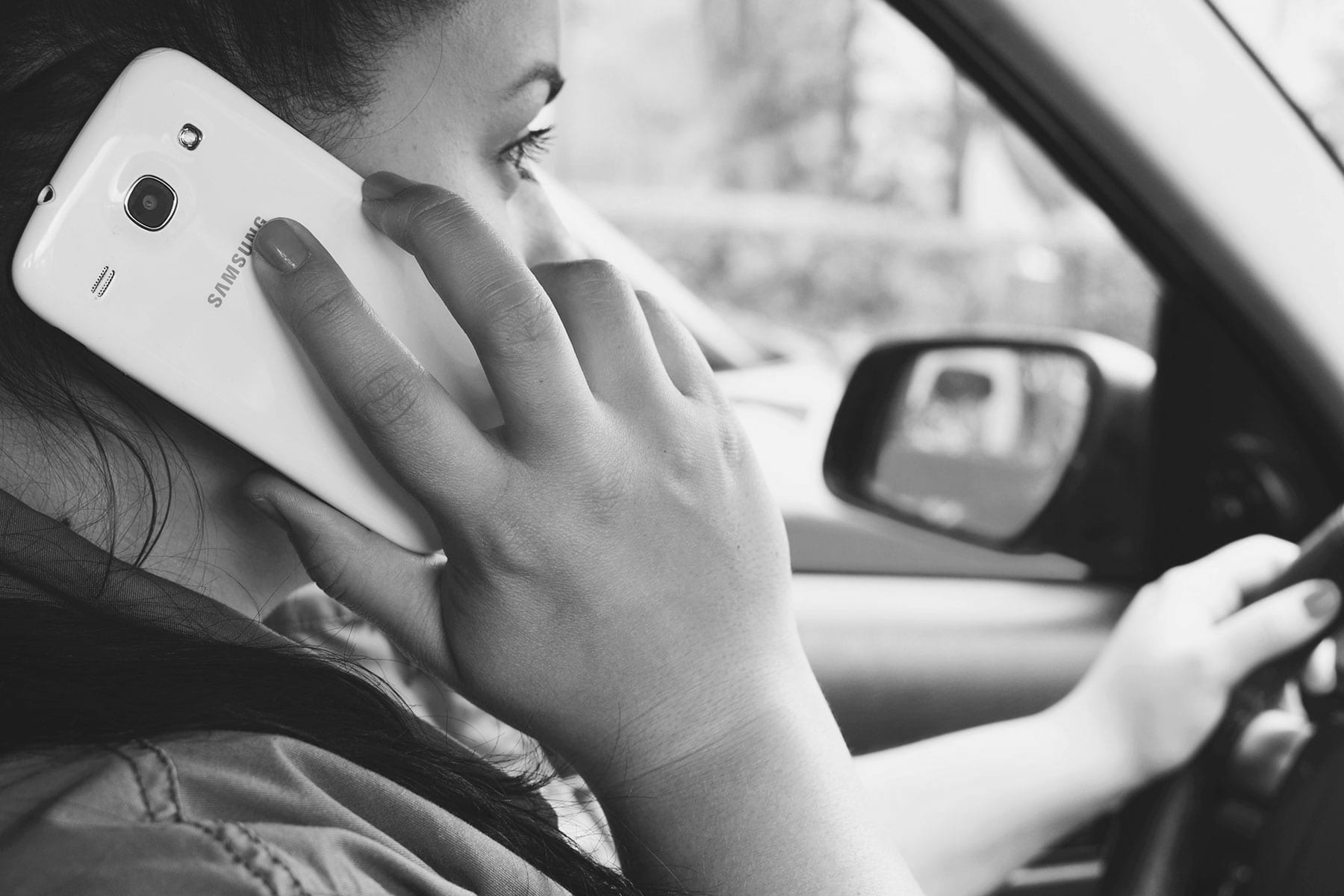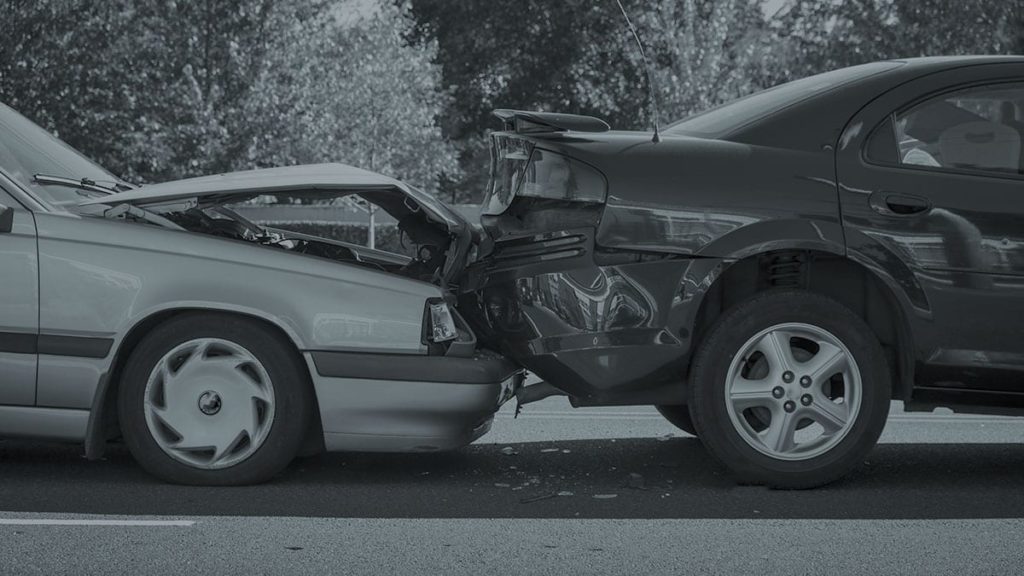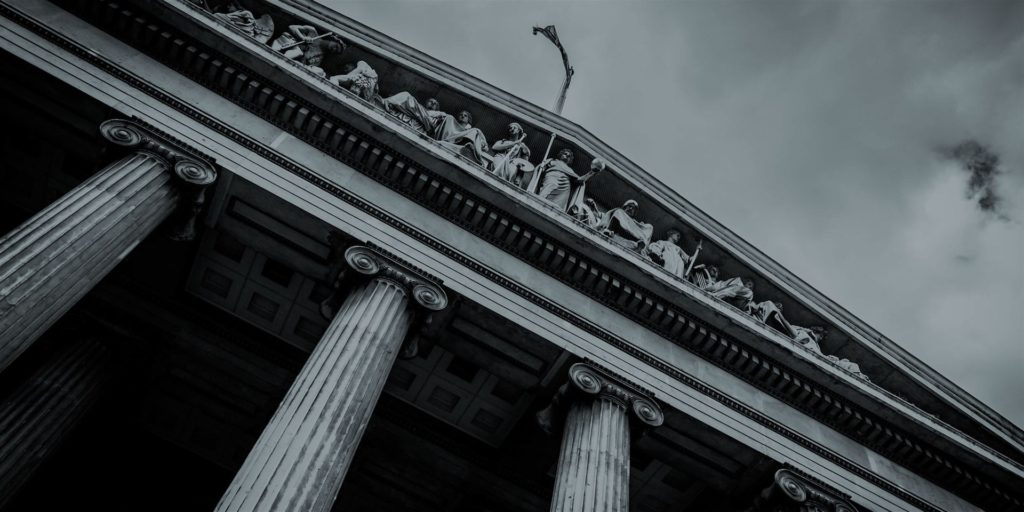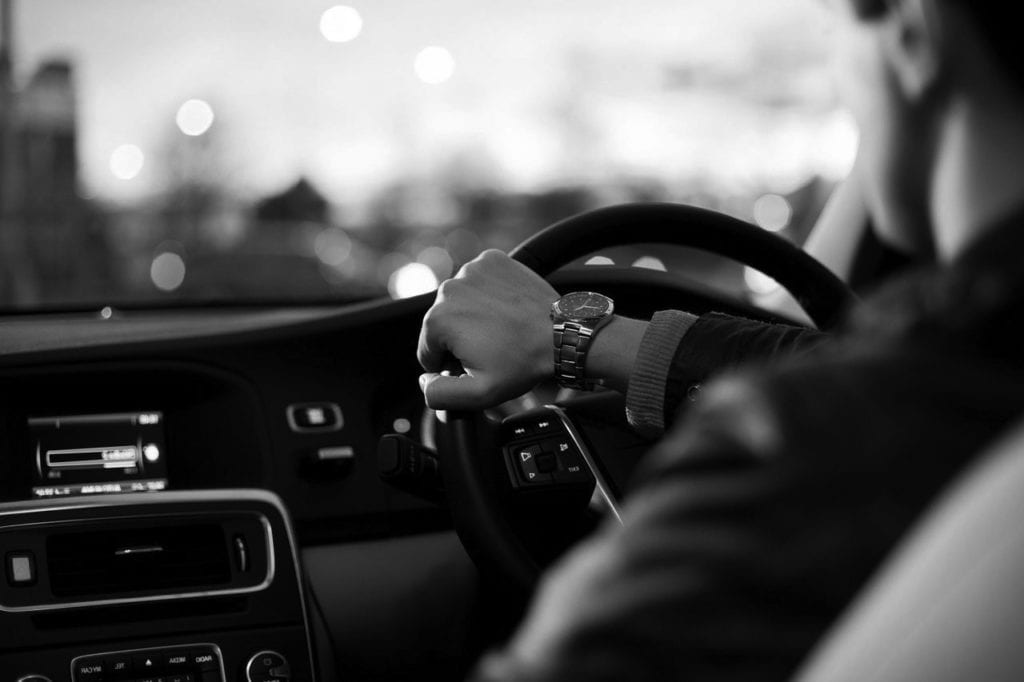Send your enquiry.
Contact us for a free, initial no obligation consultation.
"*" indicates required fields
Your information is safe and treated in accordance with our Privacy Policy
When Jimmy Carr, the comedian, went to court for allegedly using his mobile phone whilst driving, it wasn’t surprising that the quick-witted celebrity had a ready-made defence. Rather than making a call, he said he was “using his phone as a Dictaphone to record a joke”. The magistrates accepted this explanation and Jimmy Carr was found not guilty.
Whilst you may not have the celebrity status of Jimmy Carr, this case does illustrate that merely using a mobile phone whilst driving does not automatically lead to an offence. There are a couple of defence strategies that can be used if a police officer alleges that you were using a mobile phone.
The defence strategies that are effective revolve around whether what the officer alleges is correct and can be proven or in any errors in the officer’s application of the law.
As motor offence solicitors we use these strategies to ensure clients are dealt with fairly. Some people say that we find loopholes in the law. We prefer to say we find justice for our clients.
Is driving while using a mobile phone dangerous? Yes!
The reason that there are laws against using a mobile whilst driving is that it is dangerous.
Research using driving simulators at the Transport Research Laboratory has shown that talking on a mobile is more dangerous than drink-driving! Reaction times of talkers were 30% slower than drinkers and 50% slower than sober drivers.
Using a mobile phone to communicate can lead to slower reaction times. It can also lead to not being in control of the vehicle.
Big Fines, penalty points and outright bans are designed to discourage drivers.
Prosecutions under Section 110 of the Road Vehicles (Construction and Use) Regulations 1986 are ultimately about road safety.
There’s a major problem on roads, with more than 6,000 offences a year being recorded by police.
Fines and penalty points and outright bans may be a blunt tool to prevent accidents and injury but there’s no doubt society expects justice to be done.
The standard fine of £200 and six points on your licence is designed to punish offenders and discourage drivers from using their phones. Fines can go higher, with £1,000 fines not uncommon and drivers of large or passenger vehicles regularly fined £2,500.
For new drivers with less than 2 years’ experience, you can be banned from driving whilst using a phone.
Can you appeal the fixed penalties or ban ?
If you have a good defence, you can reject the fixed penalty charge and penalty points.
A solicitor can help you assess your defence. If a solicitor advises you not to contest the allegation, you should listen. You risk getting an even bigger fine if you aren’t successful at your court hearing. You will also have to pay costs if you lose.
What do you do if a police officer says you were using a mobile phone?
It’s very easy for a police officer to be mistaken. They may think you were using a mobile phone when you weren’t. If there is doubt in their mind that you were using a phone they may not issue a fixed penalty.
For example, if you are stopped and the police officer says you were using your phone, and you were not, then you can offer to show your call data. Or show your messages. On many occasions, the officer will not look and take note of this information. By offering you are showing you have nothing to hide.
You can simply say,
“You are mistaken, officer. I was not using a mobile phone. Would you like to see my call data?”
At this point, it may be that the officer decides there is doubt. Perhaps they did not see you using your phone but suspected it. If an officer declines to see the call data this can be mentioned in court at a later date.
Sometimes they will then say that they are changing the allegation to “not being in proper control of a vehicle.”
This means they saw you weaving across the road or not looking at the road ahead (for example you were looking down and they believed it was a mobile you were looking at, but it could have been you were looking at your radio or the window opening button).
This offence is much more difficult to prove in court. In most cases, the fines are lower (£100) and it is usually 3 penalty points, (although there is the possibility of a discretionary driving ban.)
Mobile phones are becoming indispensable. So should we use them in the car?
We are all using our mobile phones more and more. We use them as music players for example. And it isn’t illegal to use a phone to stream music in a car.
We use them as a way of telling the time. And as a diary. Some of us use mobile phones as a way of dictating messages or making recordings, (like Jimmy Carr).
Prevention is better than cure.
Our advice is don’t do any of these things if you want to stay legal when driving.
- Don’t use your phone when driving; driving means in a queue, whilst waiting at traffic lights or even parked up, (if the engine is running).
- Don’t use any apps like Messenger, WhatsApp or Instagram or any way of communicating. It’s not just texting and calling whilst driving that’s against the law.
- Don’t use Google or Apple maps as a Sat Nav unless it’s in a special holder on your dashboard that is not obscuring your vision and you can operate hands-free.
- Don’t touch your phone for any reason whilst driving if you really want to avoid any problems! Invest in a “no signal bag” for your phone if you can’t resist using it.
Whilst the use of a smartphone for two way communicating when driving is difficult to defend, it is possible to defend some use of a mobile phone if there is doubt what you were doing is illegal.
Nobody wants six points added to their driving licence or a £1,000 fine if they can help it. Find out if can you go to jail for dangerous driving.
Ideally, with an expert to help you navigate your way through the law, you can avoid a driving ban, fine, or a penalty. The first step is to call us on 0333 009 6275.
See our motoring defence fees page to find out more about our fixed fees.




